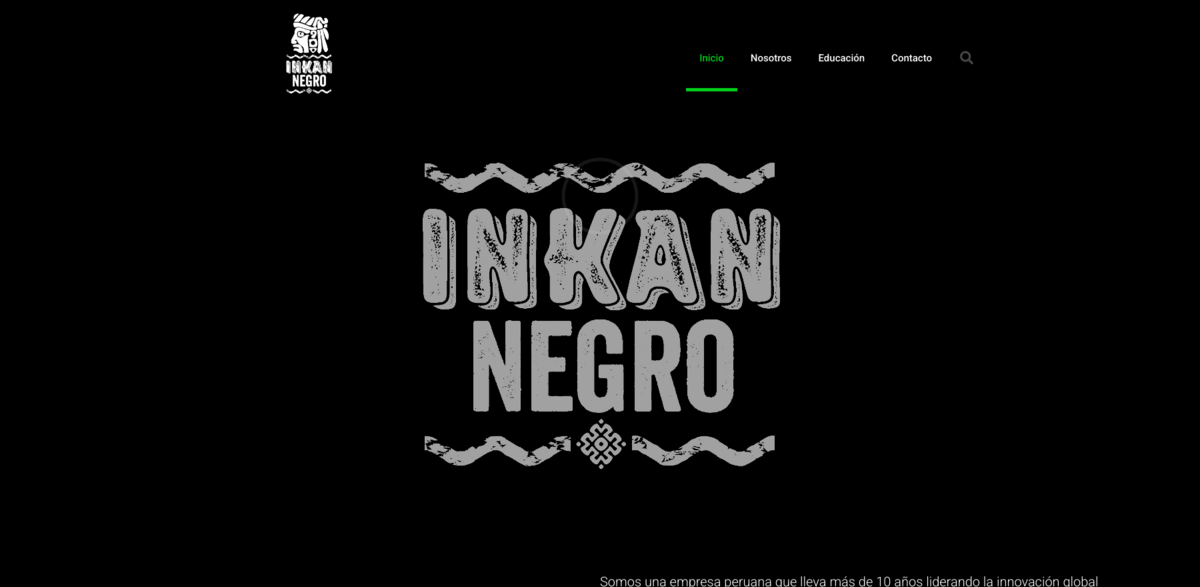What is Inkan Negro?
Inkan Negro is a pioneering Peruvian company that’s been at the forefront of global innovation in biochar for over a decade. Their work revolves around transforming residual biomass—think avocado pits, coffee husks, and industrial livestock waste—into valuable biochar through a process called pyrolysis. This involves heating organic material in a low-oxygen environment at temperatures between 350°C and 1000°C. The result? A fine-grained, highly porous substance similar to charcoal that’s a game-changer for soil health and sustainable agriculture.
Main Benefits of Biochar
Biochar isn’t just any soil amendment; it offers some pretty impressive perks:
- Reduces the need for fertilizers
- Decreases water consumption in agriculture
- Lowers absorption of heavy metals in soils
- Helps offset carbon emissions through carbon removal
These benefits make biochar a powerful tool for farmers and industries looking to boost efficiency while caring for the environment.
Who’s Behind Inkan Negro?
The team driving Inkan Negro is a diverse mix of experts. Leading the charge is Dr. Brenton Ladd, a CEO with a PhD from the University of Adelaide and a senior researcher at Universidad Científica del Sur, specializing in biochar and climate change mitigation. Alongside him is Filipa Brasch, the Chief Revenue Officer, bringing over 12 years of business analysis and consulting experience. Then there’s Alex James, heading research and development, whose background spans from the British Army to mechanical engineering and sustainable product innovation. Plus, they have a solid network of mentors and collaborators, including Dr. Stephen Joseph, Dr. Ruy Anaya de la Rosa, and Dr. Nils Borchard, all leaders in their respective fields.
How Does Biochar Work?
Biochar works its magic by improving soil structure and fertility. When added to soil, its porous nature helps retain water and nutrients, making them more available to plants. This means crops can thrive with less fertilizer and water. Plus, biochar binds with heavy metals, reducing their uptake by plants and preventing contamination. It’s a win-win for agriculture and the environment. And the best part? The process uses waste materials that would otherwise be discarded, turning green waste management into clean technology.
Consulting and Products Offered
Inkan Negro doesn’t just produce biochar; they also offer consulting services to agro-industries aiming to develop their own capabilities in converting residual biomass into biochar. This hands-on approach helps spread sustainable practices across the sector. For those looking to get started right away, Inkan Negro provides biochar in convenient 50kg bags—ready to use and packed with benefits.
Impact on Sustainable Development Goals (SDGs)
- SDG 2: Zero Hunger – Enhancing soil fertility and crop yields
- SDG 6: Clean Water and Sanitation – Reducing water usage in agriculture
- SDG 12: Responsible Consumption and Production – Utilizing agricultural waste efficiently
- SDG 13: Climate Action – Mitigating climate change through carbon sequestration
- SDG 15: Life on Land – Improving soil health and reducing heavy metal contamination
Turning Waste into Opportunity
At its core, Inkan Negro is about turning what many see as waste into something valuable and sustainable. By converting residual biomass into biochar, thermal energy, and even carbon credits, the company is not only tackling environmental challenges but also creating economic opportunities. It’s a fresh take on green technology that supports sustainable agriculture and mine reclamation, proving that innovation and environmental stewardship can go hand in hand.






















